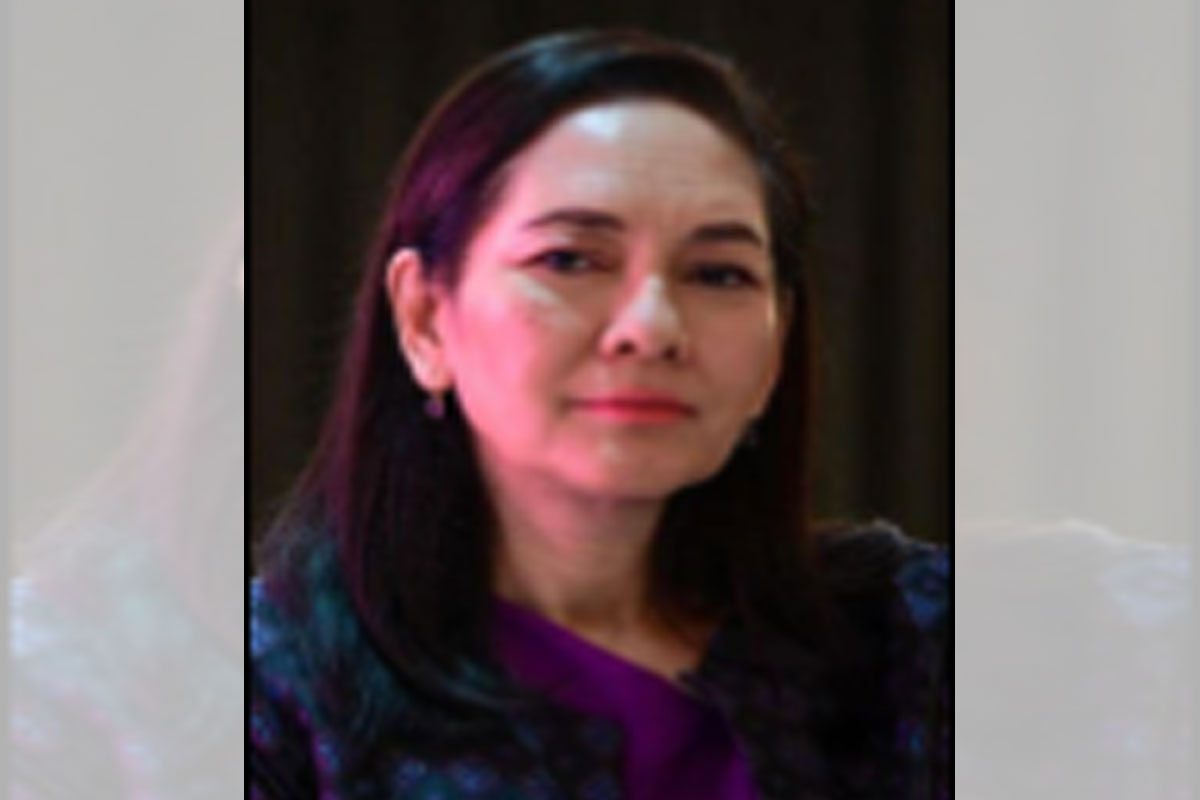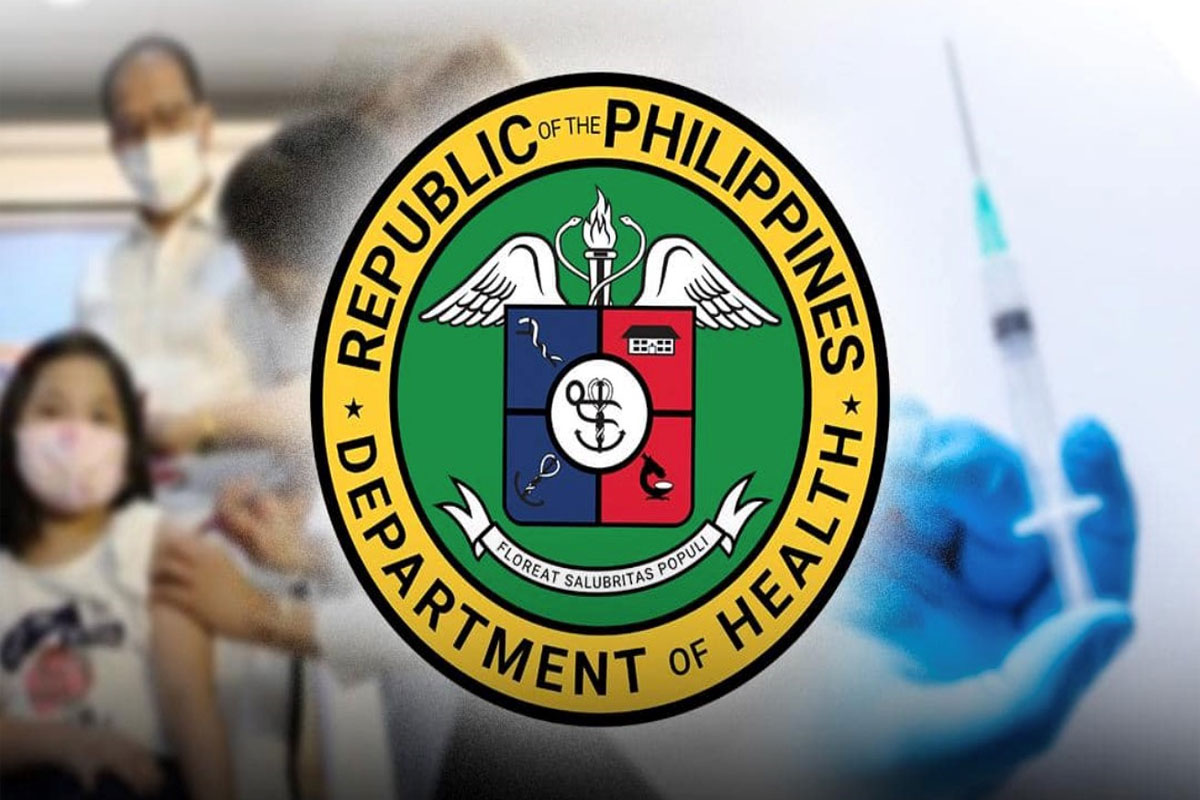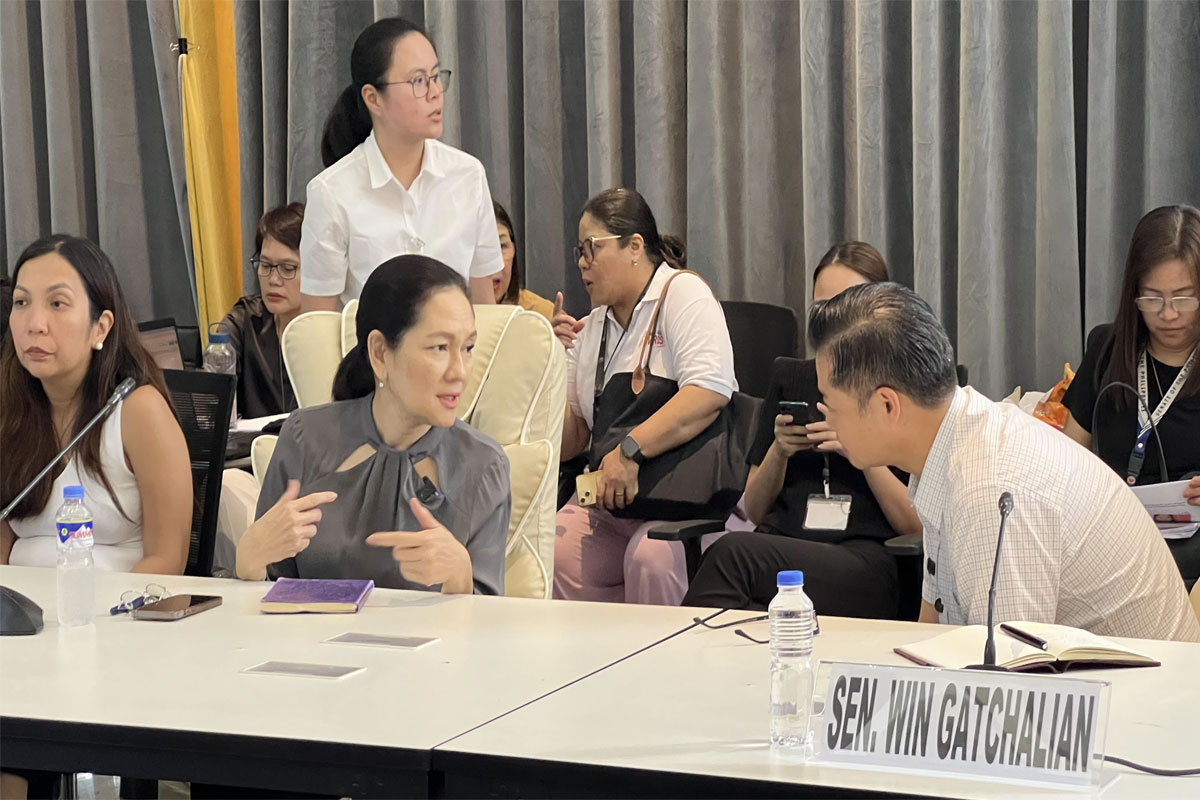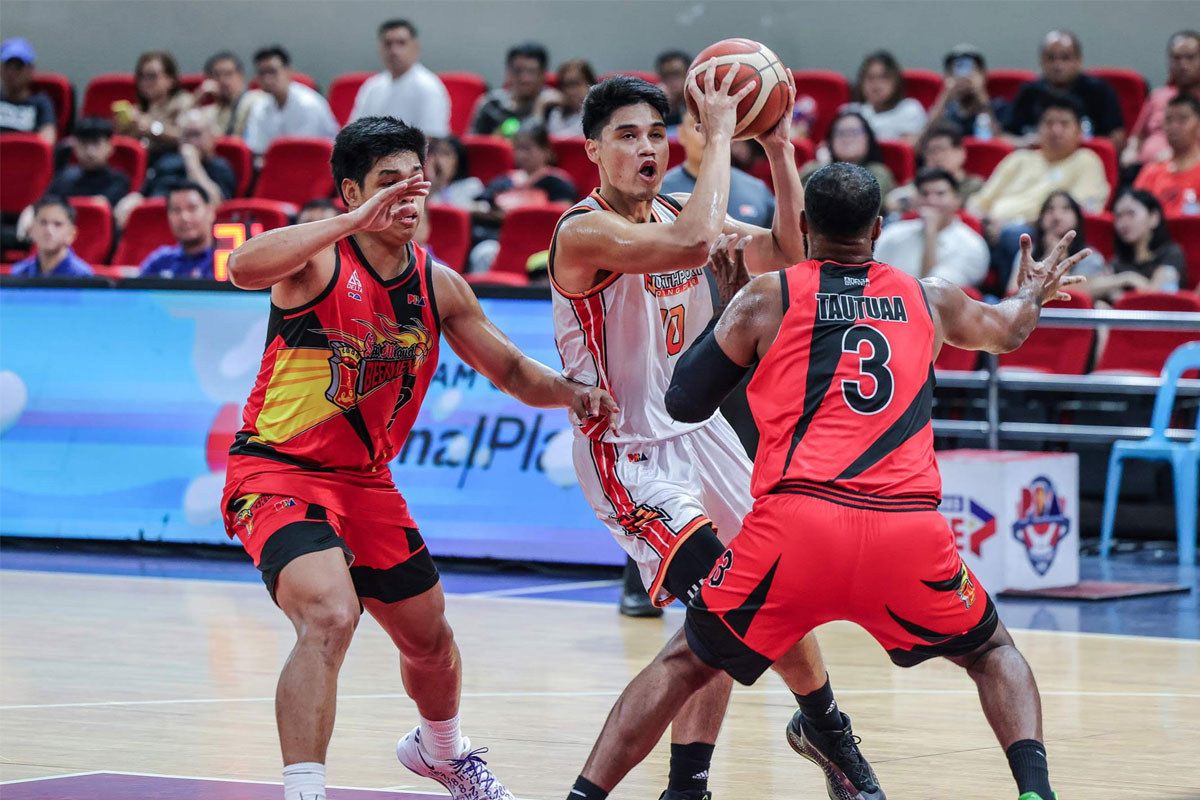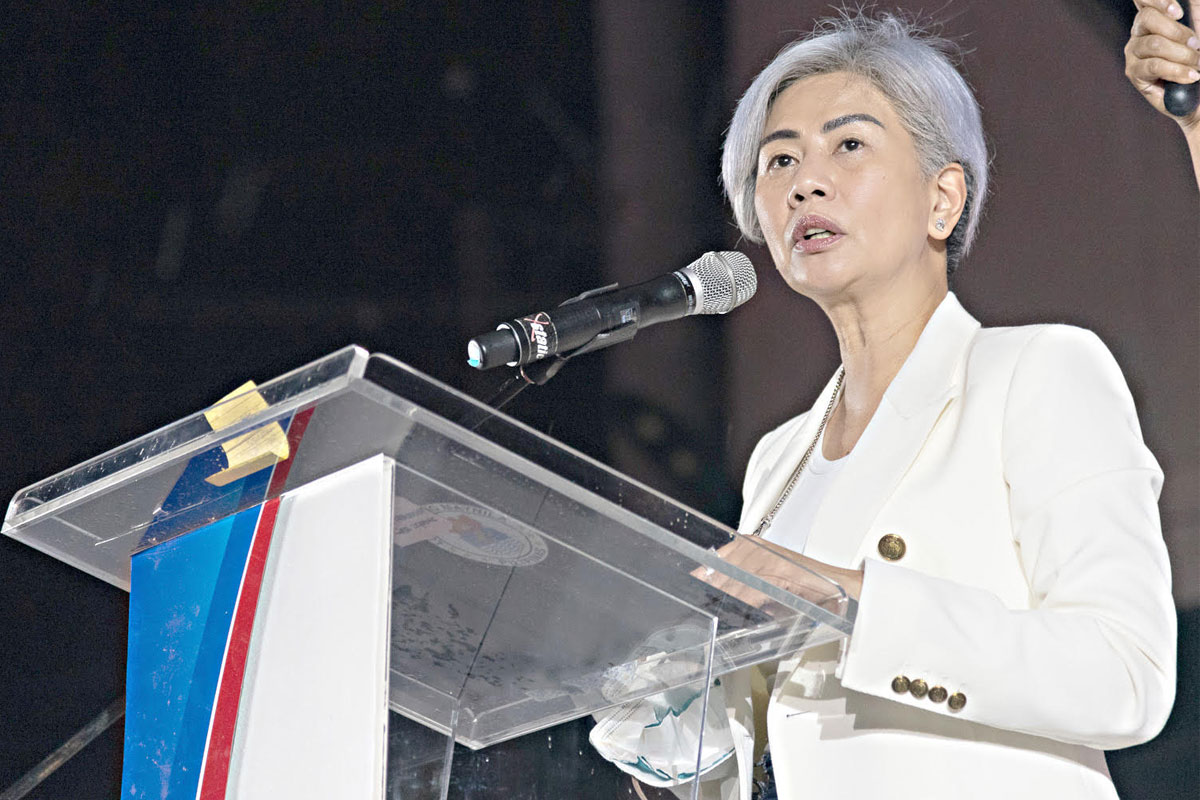
LGUs urged to take proactive measures vs monkeypox
WITH the first confirmed case of monkeypox in the country, the Department of the Interior and Local Government (DILG) Thursday urged local government units (LGUs) to undertake proactive measures to prevent its transmission and spread in their respective areas of jurisdictions.
“While everyone is assured that our public health surveillance systems are able to detect and confirm monkeypox cases, all LGUs are nonetheless called to carry out measures in close coordination with the Department of Health (DOH) in stemming the spread of this new virus,” said DILG Secretary Benjamin “Benhur” Abalos, Jr.
Abalos said that while the country’s health authorities are already strictly monitoring inbound and outbound travelers for monkeypox cases, it would be in the best interest of the LGUs to be prepared for any eventualities.
“The adage prevention is better than cure still applies today. As the primary frontliners in your areas, it behooves upon our LGUs to initiate precautionary measures and spread awareness to your constituents about monkeypox and what they need to do about it,” he said.
Monkeypox is a zoonotic disease caused by the infection of the monkeypox virus, which belongs to the Orthopoxvirus genus.
According to DOH, the common symptoms of monkeypox include fever, intense headache, swelling of the lymph nodes, back pain, muscle aches, lack of energy, and skin eruptions.
In an advisory, Abalos enjoined provincial governors and city/municipal mayors to ensure the readiness of their respective Local Health Offices, Epidemiologic and Surveillance Units, and Barangay Health Emergency Response Teams to implement the DOH guidelines and protocols on the surveillance, screening, management, and infection control of monkeypox.
“Katulad ng ginawa natin sa laban kontra COVID-19, kailangang magsagawa na tayo ng mga preparasyon at ihanda na natin ang mga tauhan natin para siguraduhing hindi na dadami pa at lalala ang mga kaso ng monkeypox sa bansa,” he said.
The DILG secretary also said LGUs should closely monitor travelers from countries with reported or ongoing cases of monkeypox who are experiencing signs and symptoms, coordinate with private health care facilities to ensure the reporting of individuals experiencing symptoms, and report information on suspected or confirmed cases to the DOH within 24 hours.
He likewise urged the public to strictly adhere to minimum public health standards (MPHS) set by the DOH, conduct disinfection measures, practice good hand and respiratory hygiene, and minimize contact with sick persons to limit infection.
“This is not the first time we face a huge health concern. We have been through the worst of times during the peak of the COVID-19 pandemic, so we are now more resilient as a people and can rise above any other challenge, including monkeypox,” he said.
The first monkeypox case in the country was a Filipino who arrived from abroad last July 19. DOH said the patient is already in “recovery”, and its ten close contacts are in quarantine and being closely monitored for symptoms.
The DOH also said that, unlike COVID-19, not everyone may be required to be vaccinated as protection against monkeypox except health workers and other vulnerable sectors.
Meanwhile, Abalos cited the Quezon City and San Juan LGUs for taking early measures in handling possible virus cases.
In QC, the City government organized a Quick Response Team for monkeypox contact tracing under its Epidemiology Surveillance Unit and allocated one of the city’s COVID-19 facilities for monkeypox patients following the drop in the pandemic cases in the city.
Information seminars will likewise be conducted among QC health practitioners from public and private hospitals and health centers; social hygiene, sundown clinics, medium, small, and micro-community organizations. Art cards and information materials are likewise disseminated strategically to raise public awareness of monkeypox.
Moreover, all city government-owned hospitals in QC, including Quezon City General Hospital, Rosario Maclang Bautista General Hospital, and Novaliches District Hospital, have already designated isolation rooms for suspected, probable, and confirmed cases of monkeypox.
In San Juan, the city government implemented health protocols vs. monkeypox, conducted information campaigns, and designated monkeypox isolation facilities as part of their preparations.







